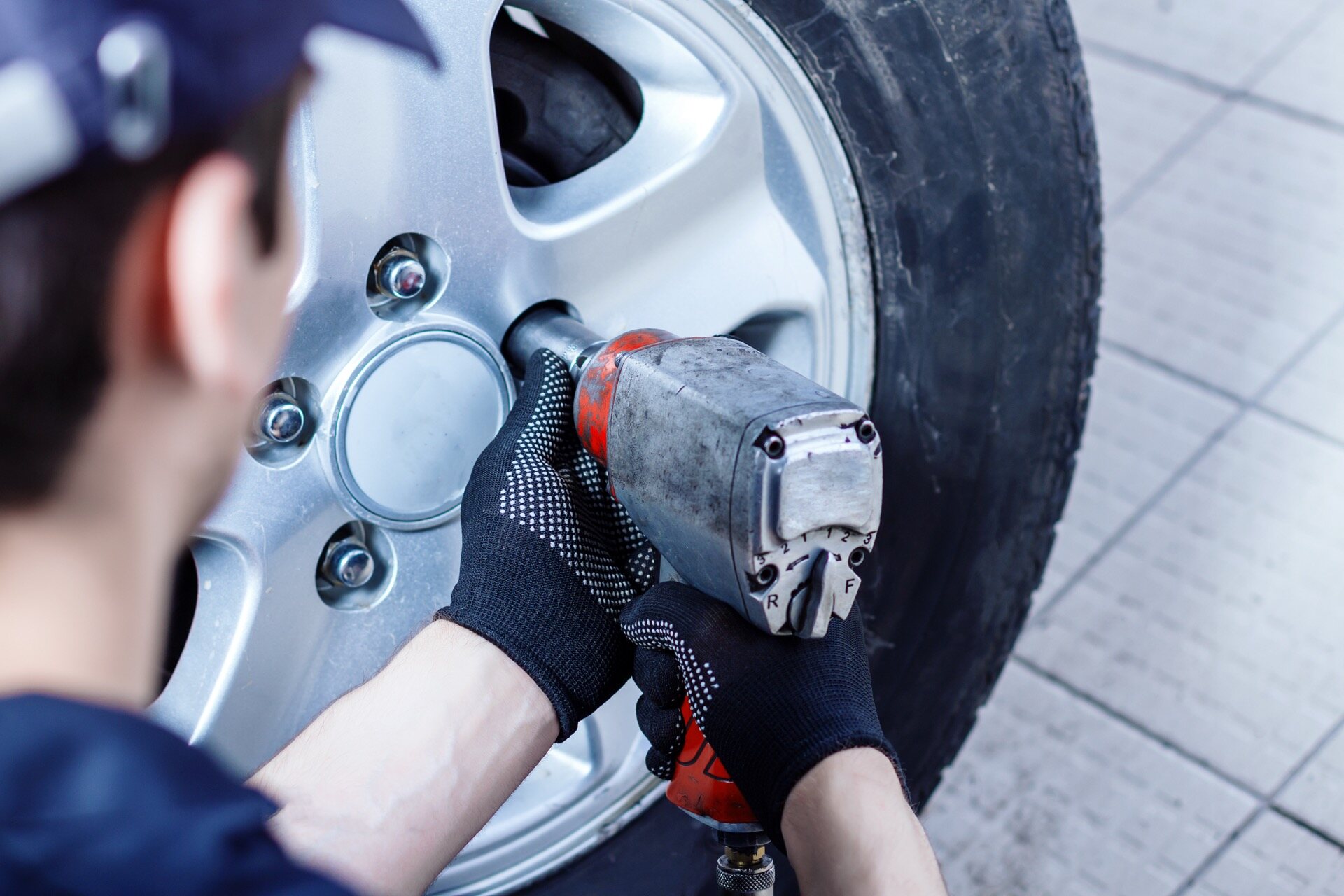
Ever wondered why April is dubbed the summer tire changeover month? Well, you're about to find out! As winter bids us adieu and spring steps in, it's time to swap those chunky winter tires for sleek summer ones. This isn't just a whimsical tradition; it's a crucial move for ensuring your vehicle's performance and safety in warmer weather. April's mild temperatures make it the perfect time for this switch, preventing premature wear on winter tires and optimizing fuel efficiency. So, grab your wrench, and let's get those summer wheels rolling. Ready to dive into the nitty-gritty of why April is the go-to month for this automotive ritual? Buckle up, because we're about to peel off into the world of summer tire changeover!
Key Takeaways:
- April is the perfect time to switch from winter to summer tires, ensuring safety and performance as temperatures rise. It's like giving your car a seasonal wardrobe change for better grip and fuel efficiency!
- Don't fall for myths about using winter or all-season tires year-round. Embrace the April tire changeover for safer driving and cost-effective tire maintenance. It's like giving your car the right shoes for the right season!
Why April is Known as Summer Tire Changeover Month
As winter fades and spring blossoms, April marks a significant transition for vehicle owners, especially in regions experiencing severe winter conditions. This month is widely recognized as the ideal time for changing from winter to summer tires. But why April? The answer lies in the changing weather patterns and road conditions. As temperatures consistently rise above 7°C (45°F), the softer rubber compound of winter tires begins to wear down more quickly. Summer tires, designed for warmer weather, offer better traction, fuel efficiency, and durability under these conditions.
-
April's rising temperatures make it the perfect month for swapping out winter tires for summer variants. This change ensures vehicles are equipped with tires that match the road's condition, optimizing safety and performance.
-
In many countries, specific regulations or recommendations encourage drivers to change their tires in alignment with seasonal changes. These guidelines often pinpoint April as the starting point for using summer tires.
Benefits of Switching to Summer Tires in April
Switching to summer tires as soon as the weather permits provides numerous advantages. Not only does it align with safety recommendations, but it also enhances your driving experience.
-
Summer tires are engineered to perform optimally in warm conditions. Their unique tread patterns and rubber compounds improve grip and handling on both dry and wet roads.
-
Using summer tires in appropriate conditions extends their lifespan and that of winter tires, as each set is used only when most effective. This rotation can lead to significant cost savings over time.
-
Improved fuel efficiency is another benefit of making the switch. Summer tires offer less rolling resistance compared to their winter counterparts, leading to lower fuel consumption.
How to Prepare for Tire Changeover
Preparation is key to a smooth transition from winter to summer tires. Knowing what steps to take can save time and ensure safety.
-
Check the condition of your summer tires before installation. Look for signs of wear and tear, such as reduced tread depth or damage to the sidewalls.
-
If purchasing new summer tires, consider your driving habits and the typical weather conditions in your area to select the most suitable type.
-
Schedule your tire changeover in advance. Service centers become increasingly busy as more drivers make appointments to switch their tires in April.
Common Myths About Tire Changeover
Despite the clear benefits and widespread practice of changing tires with the seasons, several myths persist.
-
One myth suggests that it's acceptable to use winter tires all year to avoid the cost and hassle of changing them. However, this significantly reduces the tires' effectiveness and lifespan, especially in warm weather.
-
Another misconception is that all-season tires can effectively replace the need for a seasonal tire changeover. While all-season tires provide a compromise, they do not offer the same level of performance and safety as season-specific tires in extreme conditions.
Final Thoughts on Tire Changeover
-
Embracing the seasonal tire changeover in April not only ensures your vehicle is prepared for summer driving conditions but also contributes to road safety for everyone.
-
Educating yourself on the benefits and best practices for tire changeover can lead to more informed decisions, better vehicle maintenance, and ultimately, a safer driving experience.
-
Lastly, always consult with a tire professional if you're unsure about the condition of your tires or the best time for changeover. Their expertise can guide you in maintaining your vehicle's performance and safety throughout the year.
A Final Nudge for the Road Ahead
April's not just another month; it's your cue to switch gears, literally, with your tires. Summer tire changeover month is more than a reminder—it's a nudge to prioritize safety, performance, and efficiency on the road. Swapping out winter tires for summer ones ensures your vehicle's ready to tackle dry and wet pavements with ease. Plus, it's a great opportunity to check on tire health, ensuring they're in tip-top shape for the adventures ahead. Remember, it's not just about adhering to a seasonal ritual; it's about making every journey safer and more enjoyable. So, as April rolls around, let's get those summer tires on and make the most of every mile. Safe travels!
Frequently Asked Questions
Was this page helpful?
Our commitment to delivering trustworthy and engaging content is at the heart of what we do. Each fact on our site is contributed by real users like you, bringing a wealth of diverse insights and information. To ensure the highest standards of accuracy and reliability, our dedicated editors meticulously review each submission. This process guarantees that the facts we share are not only fascinating but also credible. Trust in our commitment to quality and authenticity as you explore and learn with us.
